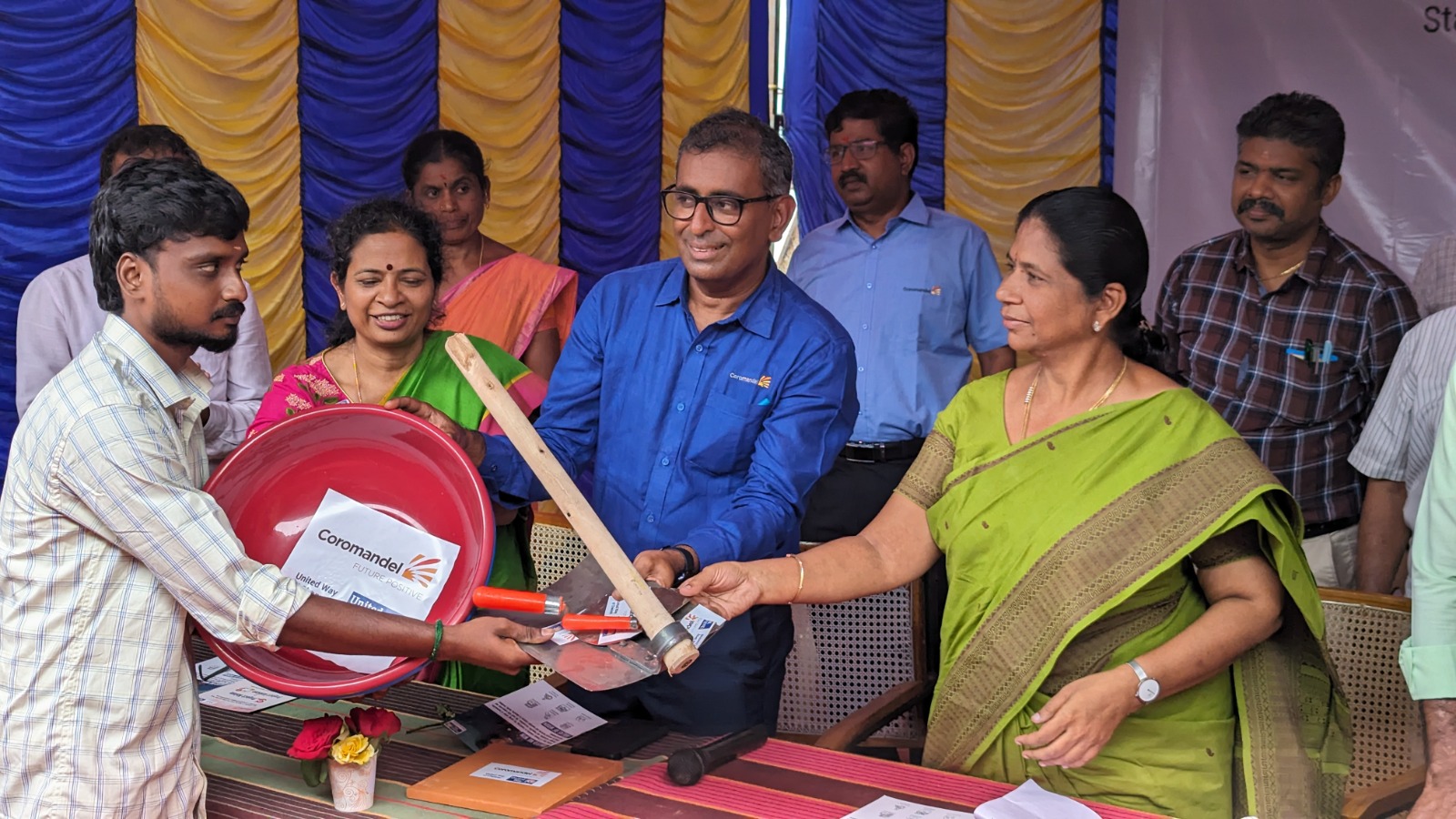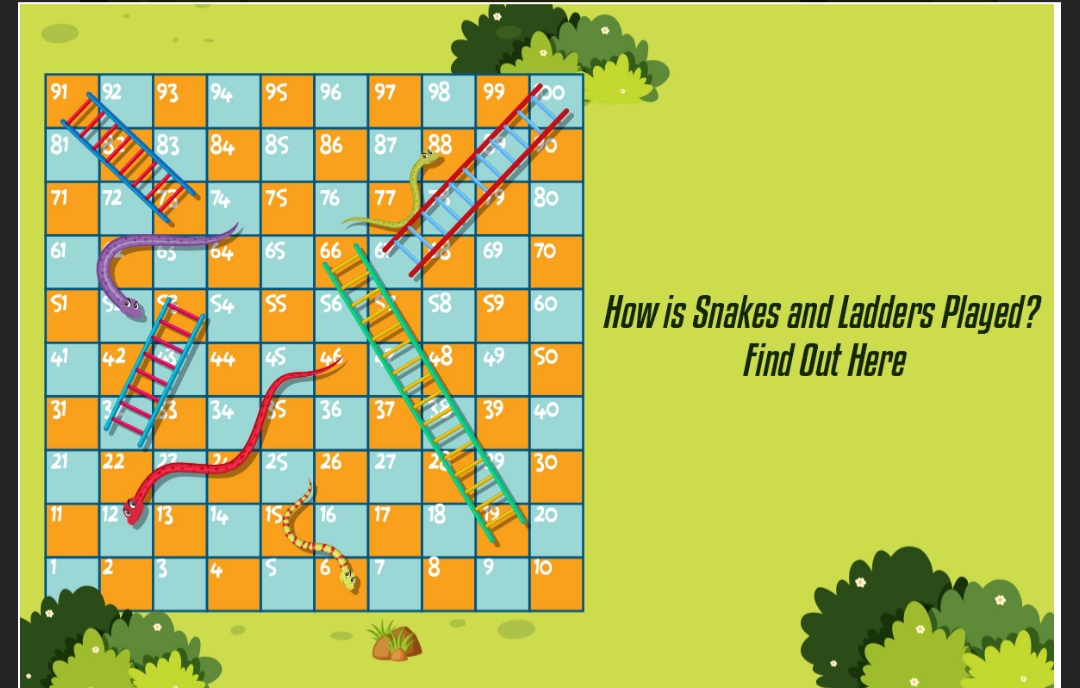Trending Now
- IPL 2024 begins with a bang. First contest between CSK and RCB.
- Election commission allots mike symbol to Naam Thamizhar Katchi
- AIADMK promises to urge for AIIMS in Coimbatore, in its election manifesto.
- Ponmudi becomes higher education minister.
India News
My name is stutter and I’m a human
![]() July 10, 2018
July 10, 2018
“Problems in life are like graduation, one needs to pass it.”
If money could buy everything then there should not have been problem in life. People are busier in making bed, bread and butter and savings for future. In this hustle and bustle lifestyle, we are likely to grow impatient with every expectation. This impatience has swallowed stutter words and made them feel inhuman. Some lost time, some lost life!
Rishabh Panchamia, a diploma engineer, says, “Movie theatres are puller, school was pusher.”
He wanted to avoid classes because of being unable to answer a question and punishment he felt he did not deserve for being slow in answering. Teachers can make or break a student. This fear existed during at coffee table conversation at home.
“From the day I realised I stutter, I became a more of a shy person, take back during social gatherings such as public speaking in school, college and avoid discussions at work,” says Amlan Manna.
For Amlan, from a small town of West Bengal,
stammering was identified during 1990s. As exposure to speech therapy was limited, his family and he assumed it not curable. In spite graduating from an IIT and MBA from IIM, he had to undergo 14 rejections during campus interviews. Some were to do with ‘customer interface’ which must have cost him dear. Being a stutter was seen as a negotiable option for offering a job, hike, promotions and position. But he is happy to be accepted by his woman (love) in his life. He recalls that she did not even think or ask about the stammering. He was not sure if an arranged alliance would have worked so easily for a stutter. This strengthened him to find solution to correct his speech. He also feels bad for his friend who quit final year engineering course from another IIT as he could not take rejection from campus interviews.
Amlan believes, “We stutter only when we speak not while we make friends or play.”
Of four stutters one is a female. Women often hide because of the rejection and phobia of not perfect woman or seen as marriageable material,” says Vashanvai.
She grew conscious about being a stutter at the age of 10. She disliked the advices like speak slow. “It was everyone becoming doctor. People paying too much attention to my weakness had ripple effect on my participation in social events such as public speaking, group discussion or presentation. As a school goer who spends an important portion of time in school, it’s unacceptable to see teachers avoid asking questions to stutters,” she says.
‘I had become a self-critic,” recalls Vaishnavi With time and meeting other stutters she realised, “It got that thought that I am not OK is not OK.”
“Movies often portray an unhealthy character of stutter. Entertainment is often a driving force for people to get motivated,” says Sabarish A.
“I was very lucky because of supportive parents and friends,” says Raguram.
However, he ran out of luck as he joined a new school for Grade XI and engineering latter. He would skip the first class of every new teacher because of fear of introduction. He avoided first class as he found others would complete his sentence.
Sarthak Mittal is a covert stutter unlike overt ones. He had realised over some years that vowel or other words made him comfortable to say without any hitch. The same was the case with Sabrish, whenever he had to buy atta (flour), he would say, “Anna, Ashirwad Atta” (loosely translates to brother, give me Ashirwad brand flour) and walk back home with honour and glory of not being a stutter.
Each of them has to fight with his or her mind to get out of fear, embarrassment, feeling of incompetence and frustration of not being able to speak fluently. Next time, we come across a stutter, let us show our patience and accept them as they are.






















